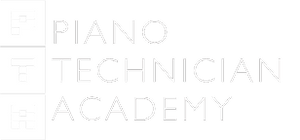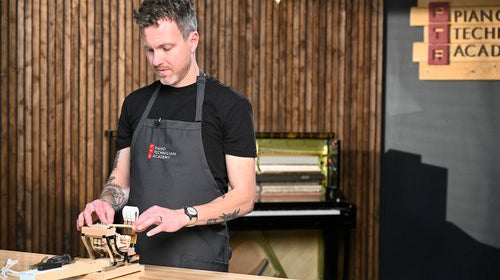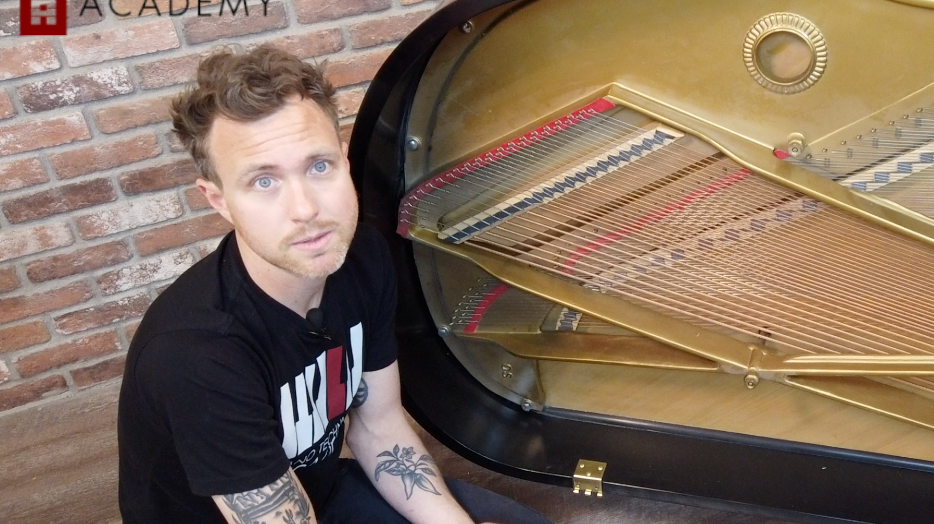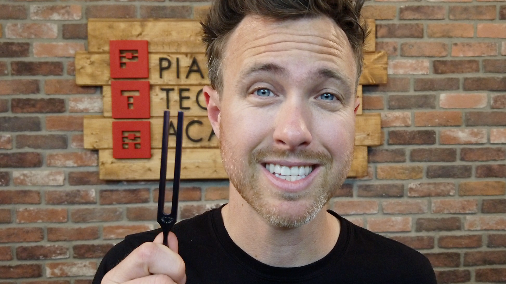Blog
Do You Like Your Job?
I was born into a piano family and became a piano tuner at the age of 20. To be honest, I had a hard start trying to getting enough business...
How does a piano's plate affect the tone?
When we were developing the latest version of our piano tuning and repair course, we had to decide what pianos we wanted to teach on. Being that we filmed right next door to a Yamaha dealer, it seemed obvious that we would teach on Yamaha pianos but we also needed to show how other brands sounded and functioned. I myself am a Mason & Hamlin fan and love working on these pianos so we pulled one of those in the mix as well as a Yamaha, Pearl River and some random older uprights.
Do I need Perfect Pitch to be a Piano Tuner?
As the student coordinator here at the Piano Technician Academy, I get asked this question a lot. Its an honest enough question but I have found that most people don't...
Piano Tuning Training
The Online Piano Tuner As a piano tuner and a professor at The Piano Technician Academy, I get asked “is it really possible to learn how to tune a piano in an online piano tuning training course?” about once a … Continue reading

